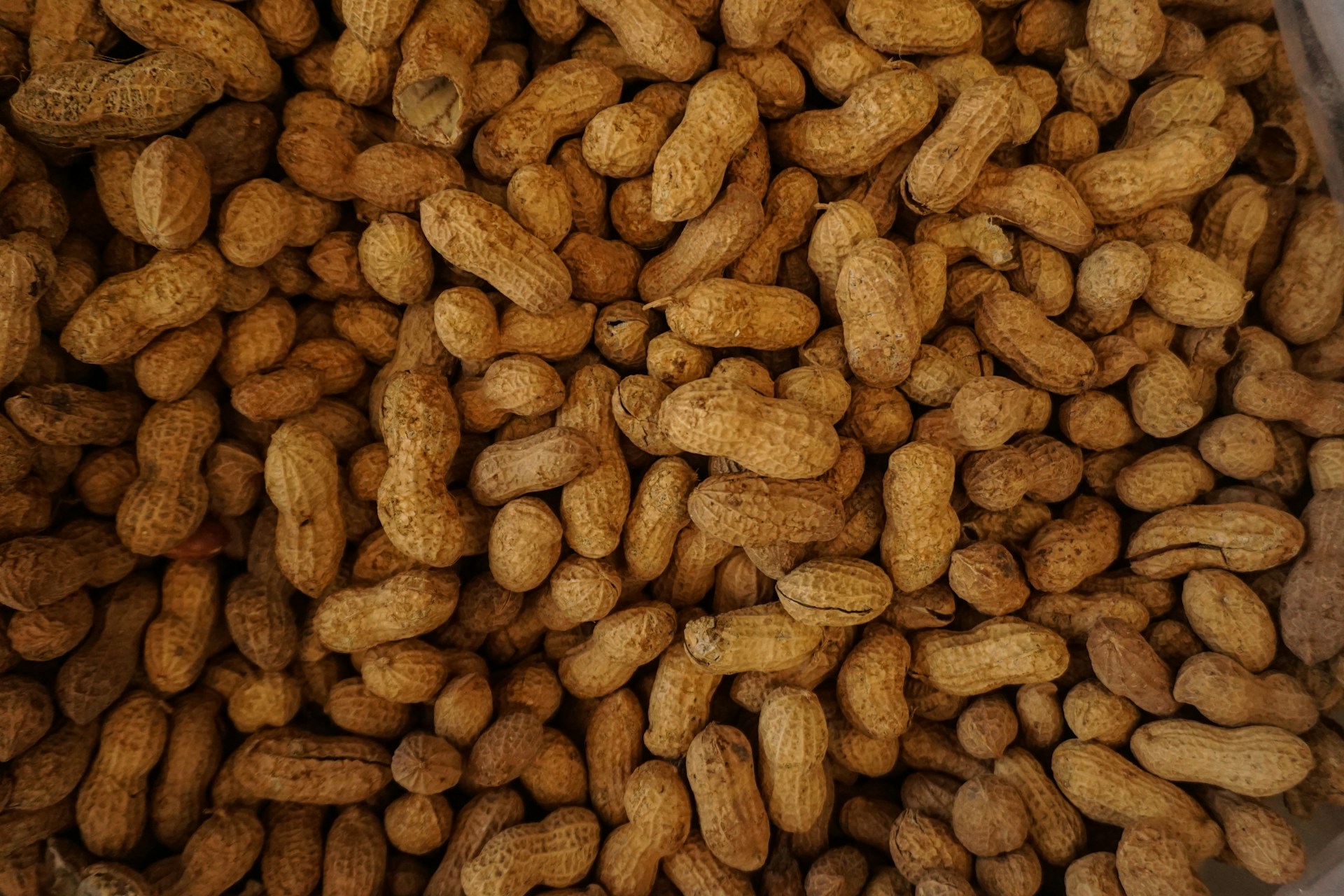Peanuts are generally something we’ll picture in snack bags, jars of peanut butter, or even as the star of our favourite desserts. But behind the scenes, researchers at the HudsonAlpha Institute for Biotechnology are working on something much more fundamental. It is by cutting edge genomic research that we are making these popular legumes safer and more resilient.
The problem lies in aflatoxins; harmful toxins produced by Aspergillus fungi, which thrive in the warm, humid conditions where peanuts flourish. Serious health risks are caused by these toxins including liver damage and increased cancer risk. It forms major economic losses for farmers when whole crops have to be thrown away. Aflatoxin contamination is a problem that has stumped the agricultural industry for years.
That’s where HudsonAlpha’s work comes in. Led by Josh Clevenger, Ph.D., and supported by collaborators such as Peggy Ozias-Akins from the University of Georgia, this team is harnessing genomics to build peanuts with in-built protection against these toxins.
“Our goal is to provide a new variety of peanut that can resist aflatoxin production from the start, ensuring safer consumption for everyone,”
explained Clevenger.
The project, which is funded in part by Mars Wrigley; a top five buyer of edible peanuts globally, aims to create a genetic resistance in peanuts that is reliable, reducing health risks for consumers and financial losses for farmers. Peggy Tsatsos, Principal Scientist at Mars added:
“Peanuts are a critical ingredient in our portfolio for some of our biggest global brands, including M&M’S and SNICKERS. As one of the top five buyers of edible peanuts in the world, we believe it is our duty to address some of these major challenges in the food supply chain”
Researchers are identifying possible genes that could be introduced in peanut plants that naturally resist aflatoxins, by learning how other crops, such as walnuts and buckwheat, do so.
“We are using these learnings to enhance peanut varieties, ensuring they have built in defenses against aflatoxins both during growth and post harvest,”
said Sueme Ueno, Ph.D., a postdoctoral fellow leading the genetic transformation efforts.
The team is also addressing another major factor in aflatoxin production which is drought. Peanuts stressed by drought conditions are more susceptible to Aspergillus fungi. Therefore, improving drought tolerance in these plants is a key component of the project. By increasing the plant’s ability to withstand dry spells, researchers hope to reduce aflatoxin levels significantly, providing a two-fold solution to a persistent problem.
“Aspergillus fungi produce aflatoxins when conditions are hot and dry. Improving drought tolerance in peanuts is crucial to mitigating aflatoxin production,”
emphasized Ueno.
This research has far reaching effects beyond U.S. borders. The improved peanut varieties could be transformative in countries of Africa and South America where aflatoxin contamination is a daily event. Ueno noted:
“Many countries in Africa and South America do not have access to technology to take care of peanuts after harvest, which is when a lot of aflatoxin contamination occurs. Having a reliable source of genetic resistance will be a game changer for them, giving them the peace of mind that their crop is safe from aflatoxin,”
Today, in the era of food safety and sustainable agriculture, HudsonAlpha’s work takes a breakthrough step in harnessing biotech to make our fundamental crops safer, more robust and accessible. Now the future holds a stable line of aflatoxin-resistant peanuts, not just for peanut fans but for farmers and communities throughout the world.

Hassan graduated with a Master’s degree in Chemical Engineering from the University of Chester (UK). He currently works as a design engineering consultant for one of the largest engineering firms in the world along with being an associate member of the Institute of Chemical Engineers (IChemE).



